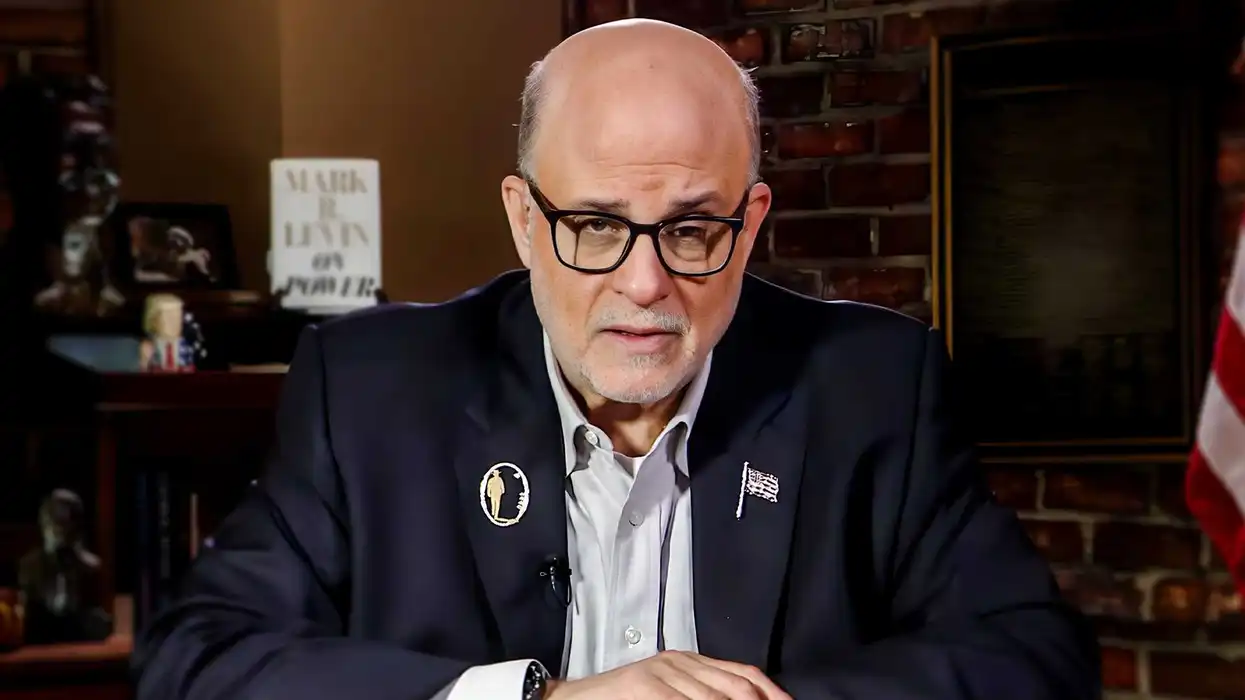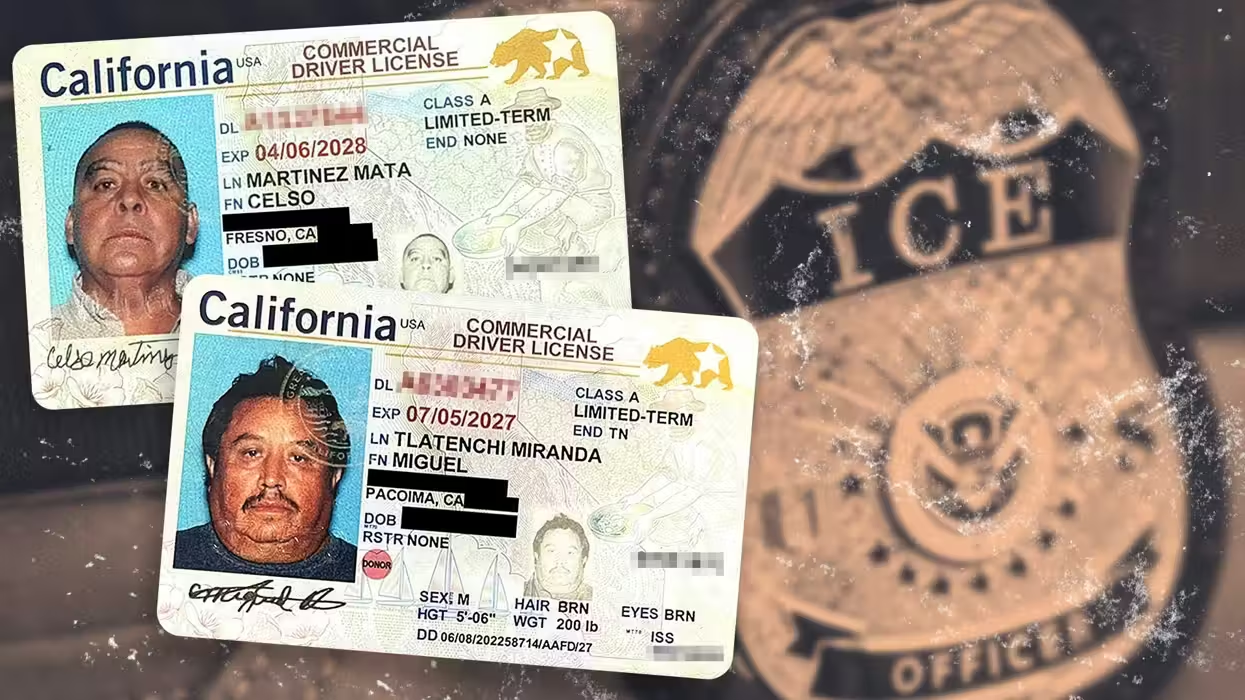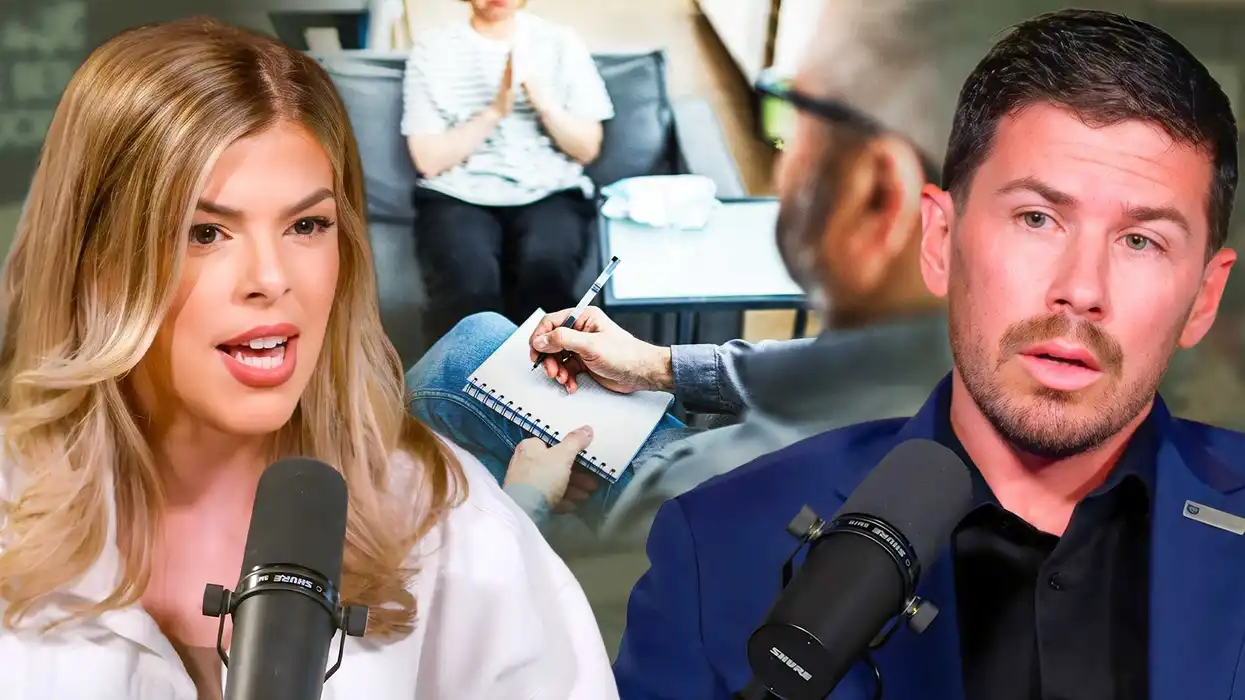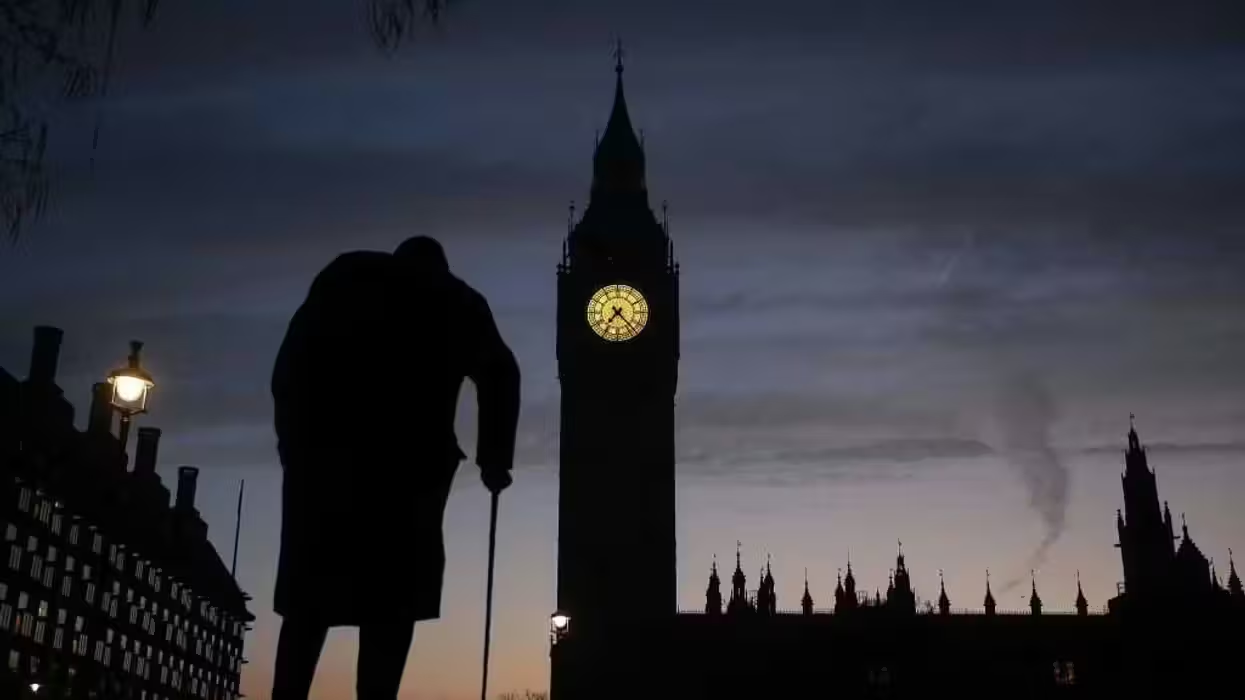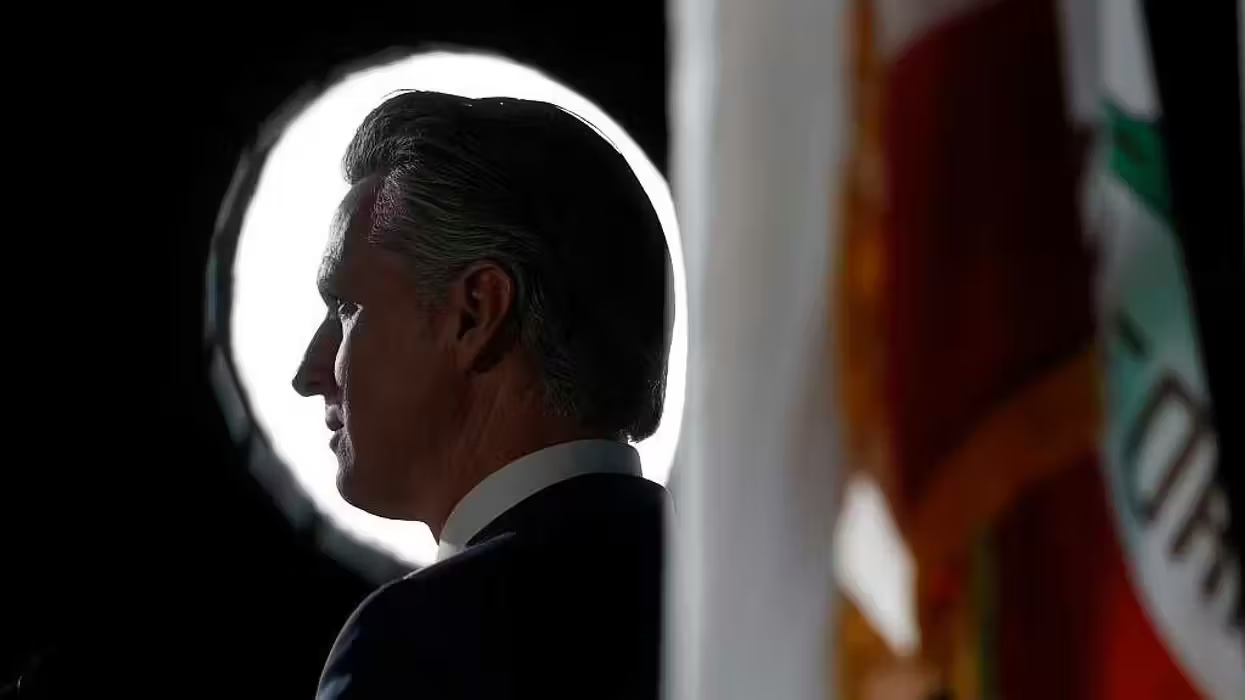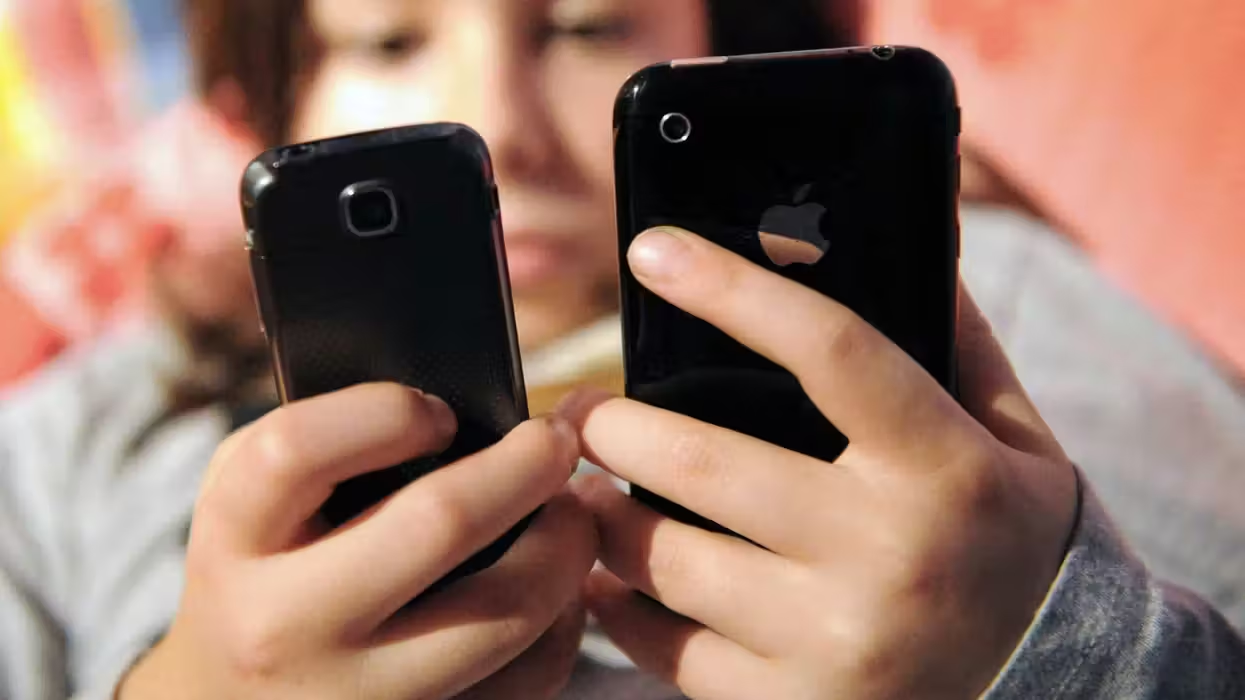© 2025 Blaze Media LLC. All rights reserved.
PHILADELPHIA (AP) — A social media blackout at a small Pennsylvania college won over some skeptical students who initially disliked it, with some reporting better classroom concentration and less stress during the weeklong experiment, school officials said Friday.
Forty-two percent of students responding to surveys at Harrisburg University of Science and Technology ended up supporting the exercise, which temporarily blocked sites like Twitter and Facebook on campus. Only 23 percent approved before the blackout.
"Even though people initially were angry ... even the most cranky student had to admit some good came out of it," Provost Eric Darr told The Associated Press.
Results released Friday showed that 25 percent of respondents reported better classroom concentration that week, while 23 percent found lectures more interesting and 6 percent reported eating better and exercising more.
![]()
The 800-student private school in Harrisburg, about 95 miles northwest of Philadelphia, had drawn both ridicule and admiration for the blackout in September. Staff and students alike were affected by the ban, which included social networking sites and instant-messaging but allowed e-mail, texting and other Web surfing.
Critics noted students could visit the sites with smartphones or by walking to nearby buildings with free WiFi. But Darr said the point was not to prevent access so much as to get people to think critically about the role of social media in their lives.
The statistics released Friday were based on in-house surveys conducted before and after the blackout, with additional anecdotes gathered from focus groups, e-mails and personal conversations.
One-quarter of students and 40 percent of faculty and staff responded to the surveys. Though Darr acknowledges the results are far from scientific, he said the trends and personal accounts are evidence that social media "can take over your life."
About two-thirds of respondents said they use Facebook each day, while 10 percent reported daily use of Twitter. Thirteen percent of students said they used Facebook to avoid boredom between classes.
But during the ban, 33 percent of students reported feeling less stressed. Twenty-one percent said they used their normal social networking time to do homework, while 10 percent said they read online news.
Some students changed their study methods. Darr cited a Facebook-based tutoring effort that was failing to explain a complex biology process to students; they grasped the concept only after a face-to-face meeting during the blackout, he said.
In another account, students who had been using Facebook to work on a business plan found a better way to collaborate during the ban. They realized Facebook made it difficult to manage documents and to distinguish between social- and work-related posts, the report said.
Ashley Harris, a senior, said in a September interview that the blackout helped her focus better because she didn't feel pressured to constantly check tweets and status updates.
On Friday, Harris said surviving — and in some ways thriving on — the ban gave her the strength to go back on a social media diet this week as she studied for exams.
"I've been able to really cut back on it during finals I think because of not using it during blackout week," Harris said.
Darr noted social media are integral parts of modern life that he both uses and monitors in his roles as an administrator and a parent. The blackout served its purpose by starting a conversation about these powerful tools, he said.
"To all the social scientists out there," said Darr, "this is a fertile ground for research."
___
Online:
www.harrisburgu.edu
Want to leave a tip?
We answer to you. Help keep our content free of advertisers and big tech censorship by leaving a tip today.
Want to join the conversation?
Already a subscriber?
more stories
Sign up for the Blaze newsletter
By signing up, you agree to our Privacy Policy and Terms of Use, and agree to receive content that may sometimes include advertisements. You may opt out at any time.
Related Content
© 2025 Blaze Media LLC. All rights reserved.
Get the stories that matter most delivered directly to your inbox.
By signing up, you agree to our Privacy Policy and Terms of Use, and agree to receive content that may sometimes include advertisements. You may opt out at any time.
